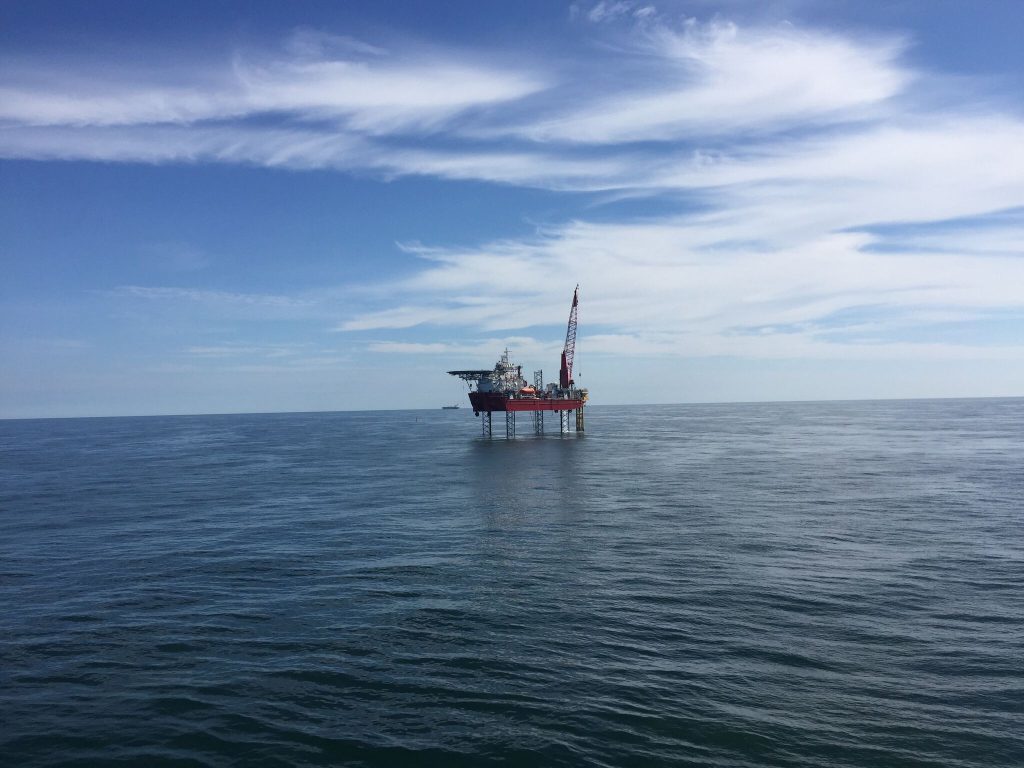
Tullow Oil produced 77,000 barrels per day of oil in the first half, in line with expectations.
The company posted revenue of $731 million, gross profit of $164mn and a loss after tax of $1.3bn. The loss was driven by write-offs and impairments of $1.4bn.
Net debt as of the end of June was $3bn, while the company has free cash of $500mn.
Tullow’s CEO Rahul Dhir noted that, while conditions had been tough, the company had delivered reliable production and cut costs.
“We are also close to completing the important sale of our interests in Uganda. The quality of Tullow’s assets remains robust,” he said.
“Since my arrival as CEO, we have been developing new plans for our business, with the support of our joint venture partners and expert advisors. These plans will deliver enhanced value from our assets to benefit all our stakeholders including our host countries and investors.”
Full-year production is tipped to be 73,000-77,000 bpd. A new well, the Ntomme-09, in Ghana is providing 5,000 bpd gross to the TEN project’s oil production, while in Gabon OPEC+ quotas have had an impact.
Tullow and its Kenyan partners declared force majeure this year, but this has been withdrawn. The group has won a 15-month licence extension and the government has given some assurances about the South Lokichar project’s future.
Tullow said the farm-down plans had been suspended following a review of the development plan.
The installation of the catenary anchor leg mooring (CALM) buoy at the Jubilee field is expected to be commissioned in the fourth quarter of 2020. This arrived in Ghana in January but installation was delayed until September.
Capital spending in the first half was $192mn, with decommissioning costs of $38mn. Full year capex remains $300mn, with decommissioning at $65mn.
Cost accounting
The company still hopes to complete its Uganda sale by the end of the year. This would see it handing over its entire Ugandan interest to Total for $500mn. Tullow hopes to add another $500mn of asset sales, although it noted the environment was challenging.
Seismic acquisition in Cote d’Ivoire began in February. Tullow put this on hold in April as a result of COVID-19. Early stage data is being evaluated to drive the next steps.
Exploration write-off costs of $941mn were reported for the first half. This was driven by a reduction in the value of the Ugandan and Kenyan assets. The latter was reduced as a result of a reset in long term oil price expectations and expected delay in a final investment decision (FID).
Other costs were taken on Marina-1 well costs in Peru, in addition to licence costs in Peru, Comoros, Cote d’Ivoire and Namibia.
Tullow will hold a capital markets day later this year at which it will set out its revised plans.
Tullow also announced the appointment of Mitch Ingram to serve as a non-executive director. Ingram has most recently worked at Anadarko Petroleum, focusing on the company’s involvement in Mozambique LNG.
